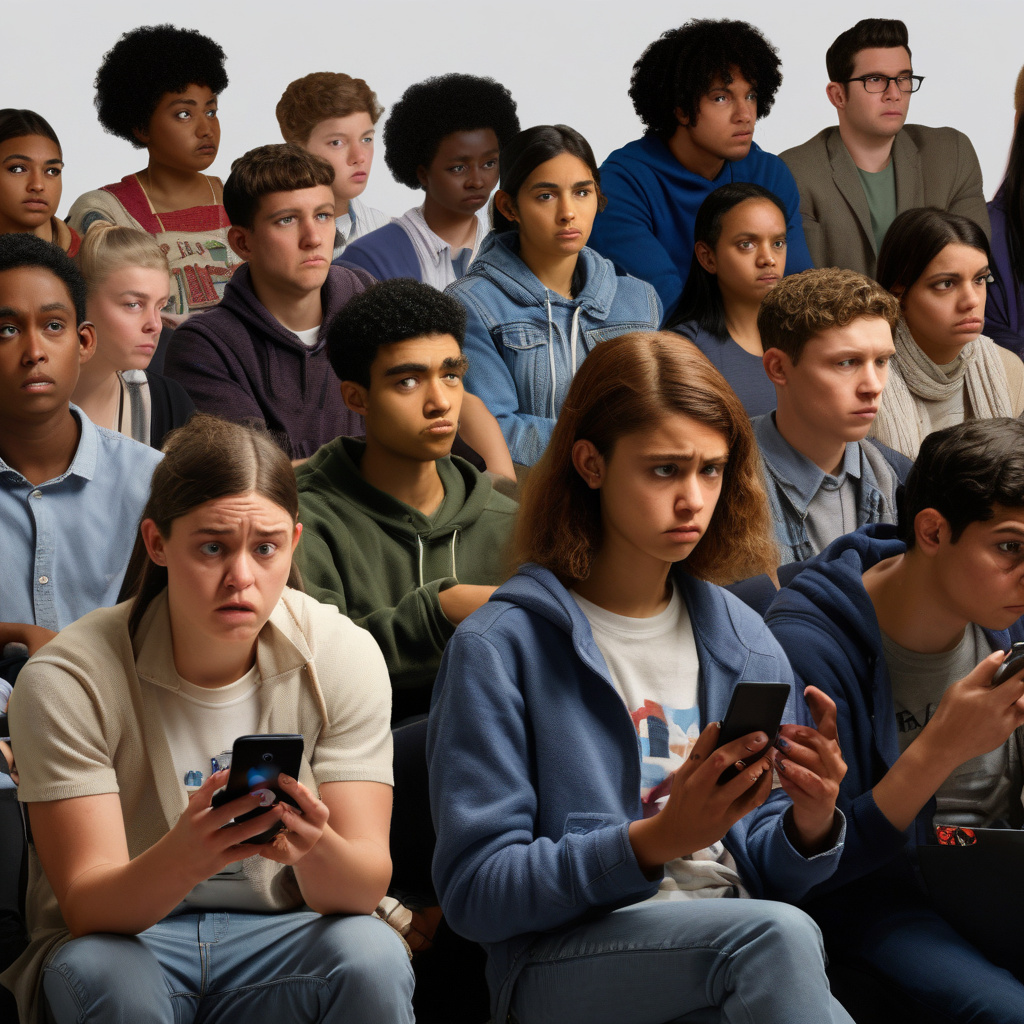Google Urges Australia to Prioritize Parental Tools Over Blanket Social Media Bans
In the ever-changing landscape of online platforms and digital interactions, the issue of child safety on social media has become a pressing concern for policymakers around the globe. Recently, Australian lawmakers proposed a ban on social media access for young users as a means of protecting them from potential harm. However, tech giants like YouTube and Google have cautioned against such sweeping measures, advocating for a more nuanced approach that empowers parents and guardians to safeguard their children online.
The proposal to ban young Australians from accessing social media platforms has sparked a heated debate on the efficacy and implications of such a drastic move. While the intention behind the ban is to shield minors from harmful content and online predators, YouTube and Google have raised valid concerns about the unintended consequences of imposing blanket restrictions. Instead of cutting off children’s access to social media altogether, these tech companies argue that the focus should be on developing and enhancing parental control tools that enable caregivers to monitor and manage their children’s online activities effectively.
One of the primary arguments put forth by YouTube and Google is that social media platforms play a significant role in facilitating educational opportunities and fostering creativity among young users. By imposing a complete ban on these platforms, lawmakers risk depriving children of access to valuable resources and tools that can support their learning and personal development. Moreover, a blanket restriction could drive young users to seek alternative, potentially unregulated online spaces, where the risks of encountering harmful content or individuals may be even greater.
Instead of opting for a one-size-fits-all solution, YouTube and Google advocate for a more balanced approach that combines technological innovation with parental guidance. By empowering parents with robust tools that allow them to set limits on screen time, filter out inappropriate content, and monitor their children’s online interactions, caregivers can play a more active role in ensuring their kids’ safety in the digital realm. Additionally, educational initiatives that promote digital literacy and online safety awareness can further equip young users with the skills and knowledge to navigate the internet responsibly.
In light of YouTube and Google’s recommendations, Australian lawmakers have an opportunity to reevaluate their proposed social media ban and explore alternative strategies that address the underlying concerns about child safety online. Collaborating with tech companies, child safety experts, and educators to develop comprehensive guidelines and resources can lead to more effective and sustainable solutions that protect young users without impeding their access to the benefits of social media.
As the debate over youth social media access continues to unfold, it is essential for all stakeholders to prioritize the well-being and development of children in the digital age. By striking a balance between regulation and empowerment, policymakers can create a safer online environment for young users while preserving the educational and social opportunities that platforms like YouTube and Google provide.
#Google, #YouTube, #Australia, #SocialMedia, #ChildSafety
